TRINA
Toyota Research Institute of North America

Toyota Research Institute of North America

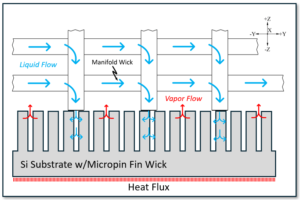
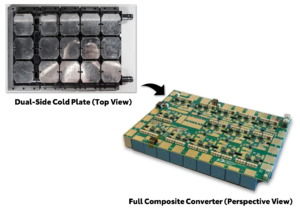
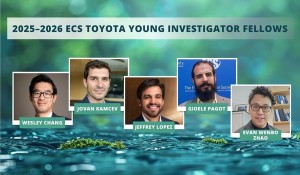
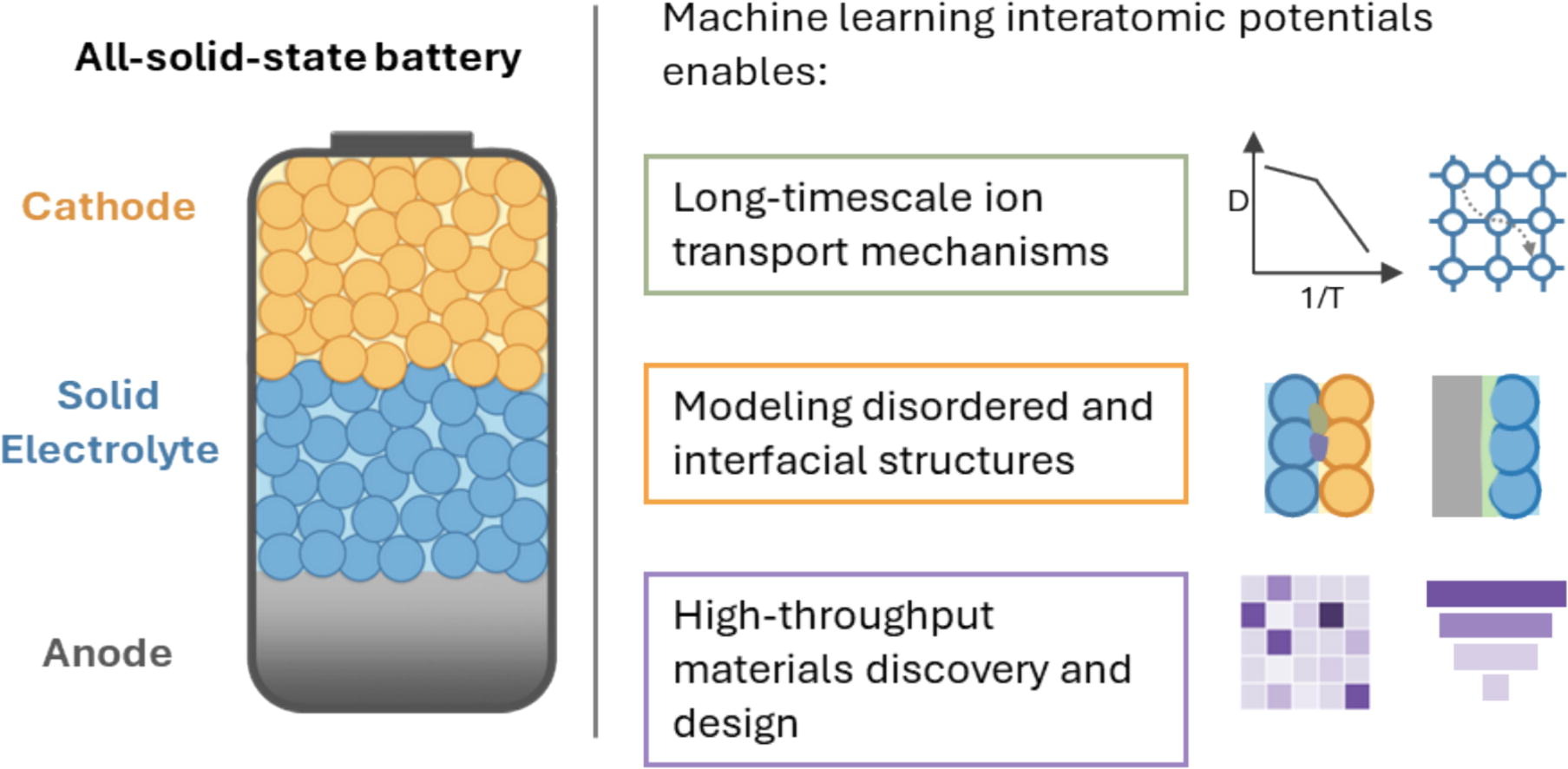
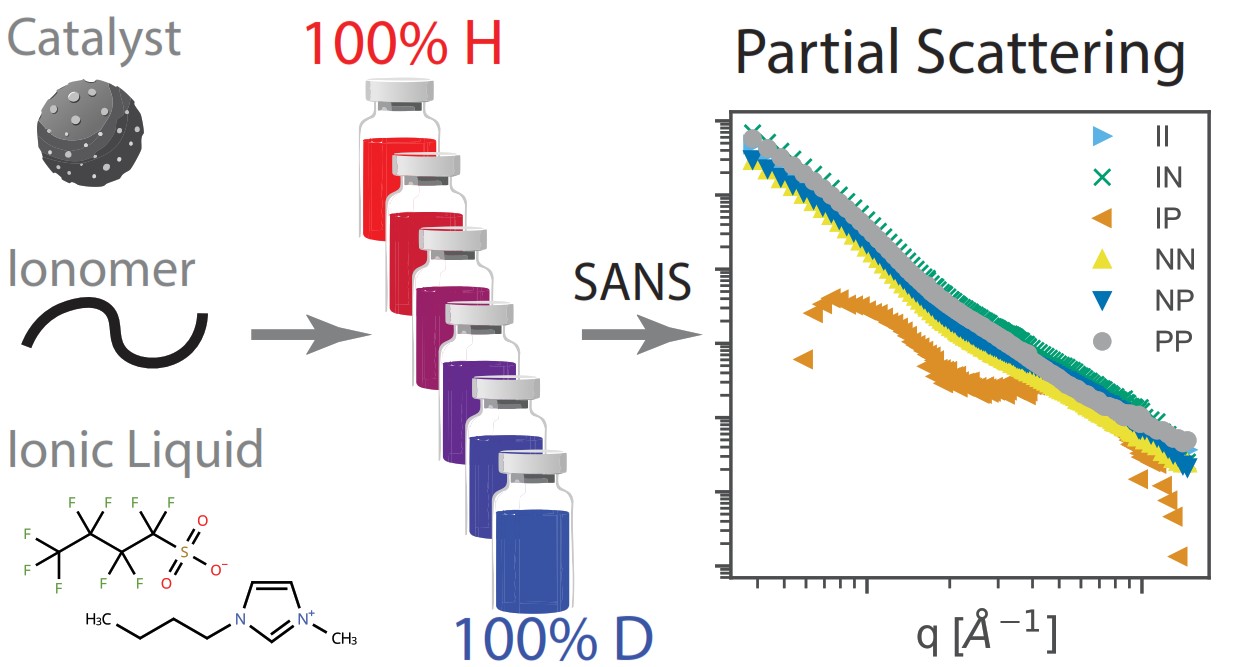
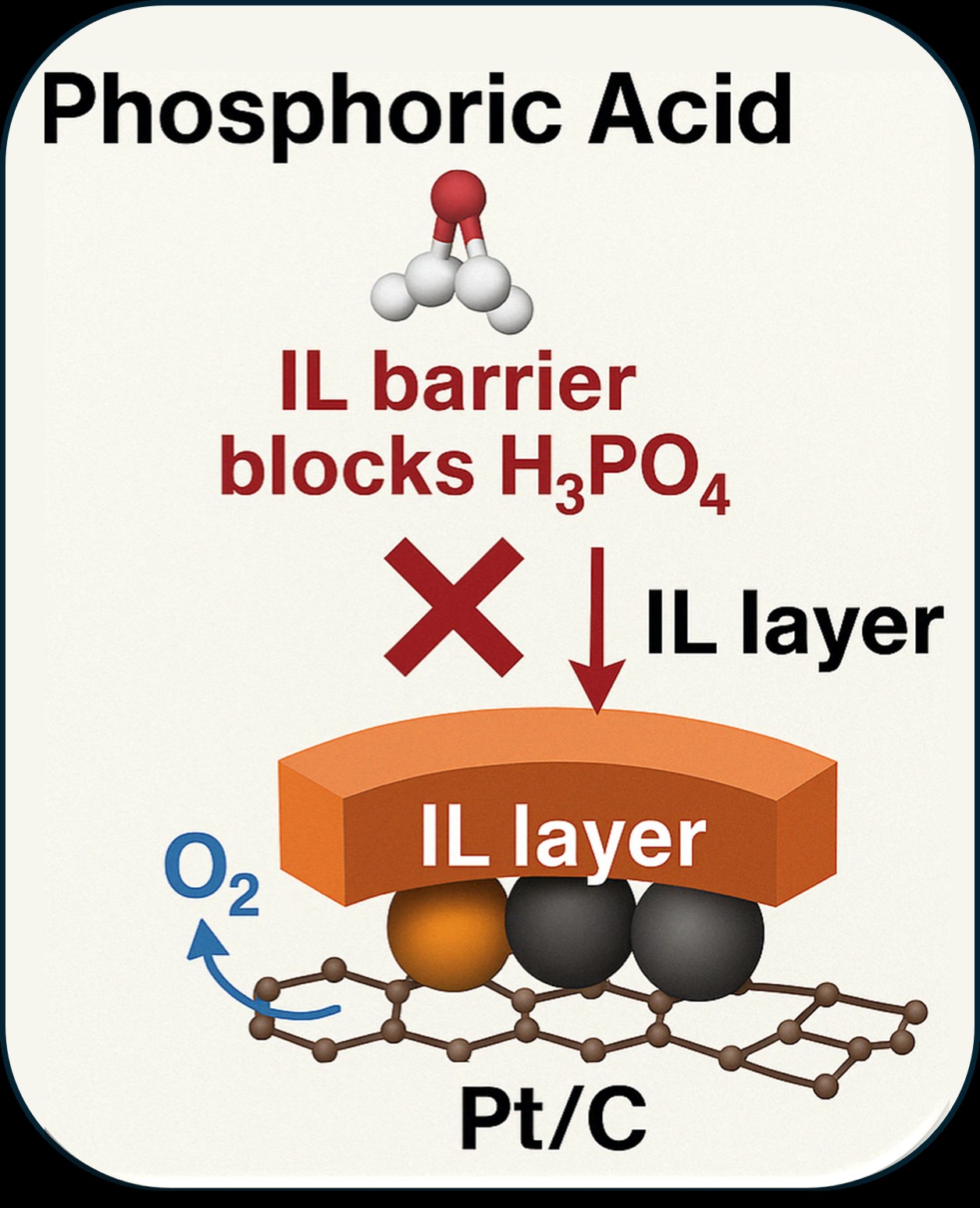
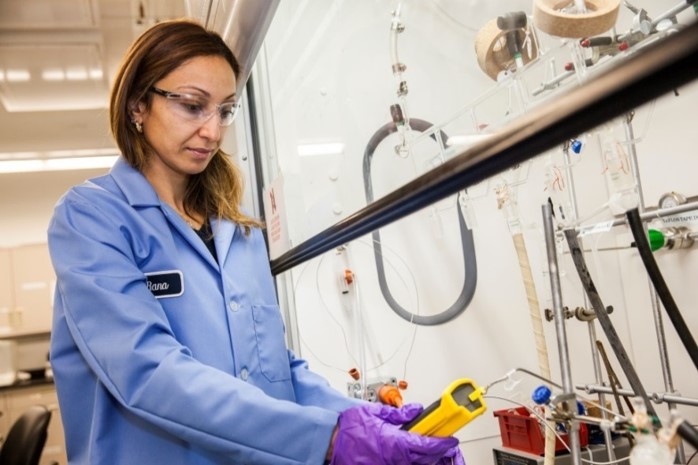
Founded in 2008, the Toyota Research Institute of North America (TRINA) is exploring next-generation core technologies via fundamental research discoveries that enable breakthrough applications for a sustainable mobility society. TRINA is building the foundation for Toyota’s advanced product development through in-house research plus collaborative efforts with both internal and external partners across North America which has resulted in more than 1,200 granted patents and numerous high impact publications since inception.
Show MoreTRINA is committed to achieving excellence through innovation. Throughout its history, TRINA has undertaken a wide range of research activities in the fields of materials science, future mobility and infrastructure, and advanced electronics. This effort is centered around electrification, energy and environment, social structure and humanity, simulation, analysis, material informatics, functional materials, and safety in support of our future mobility vision. Whether it is bio-inspired paint, R&D 100 Award winning cooling technology for hybrid and electric vehicle electronics, next-generation energy storage systems, or automated vehicles, TRINA is leading innovation for the future. In doing so, TRINA remains committed to both industrial and academic sectors in North America which drive the capability to provide breakthrough technologies toward a sustainable mobility society.






Noboru Kikuchi is the President of Genesis Research Institute, Inc., Japan as well as the Director of TRINA (Toyota Research Institute of North America, Ann Arbor, Michigan, USA), while he is Roger L. McCarthy Professor Emeritus of Mechanical Engineering, University of Michigan. His engineering specialty is Digital Engineering including CAD/CAM/CAE for Mechanical, Aerospace, and Civil Engineering as well as Medical applications. He is a pioneer of Topology Optimization Method for light weight structural design, while he has also lead Multi-scale Multi-Physics CAE in computational science and engineering applying CT scan and 3D printing technologies for the last two decades.
Dr. Minjuan (“Mindy”) Zhang is the vice president of Toyota Motor North America, head of Toyota Research Institute of North America.
Dr. Zhang joined Toyota Motor North America R&D in 2003 and holds a doctoral degree in engineering from Tokyo Institute of Technology. She has been recognized as one of the top inventors in the auto industry, the top 100 Leading women in the North America auto industry. Dr. Zhang has led the R&D for an innovative color scheme known as “structural blue”, which has been successfully commercialized in Lexus LC 500 and won the 2018 R&D 100 award.
Danil Prokhorov has been involved in research and planning for various intelligent technologies, such as highly automated vehicles, AI and other futuristic systems at TMNA R&D since 2005.
Since 2011, he has been in charge of the Future Research Department and Collaborative Safety Research Center (CSRC, since 2021). His department demonstrated the feasibility of autonomous driving on public roads in 2011, and his department’s efforts in personal flying mobility were pioneering for Toyota, allowing the company to join forces with Joby Aviation in 2020.
He has served as a panel expert for NSF, DOE, ARPA, NAE, SAE for more than 20 years. He was a board member of IEEE Intelligent Transportation Systems (ITS), and he is a fellow of the International Neural Network Society (INNS). Prokhorov is also a recipient of 1999 INNS Young Investigator Award and 2019 INNS Dennis Gabor Award.
Prokhorov was associate editor (AE) of IEEE Transactions on Neural Networks and Learning Systems (2004-2018), and currently serves as Senior Editor of IEEE Transactions on Intelligent Vehicles, AE of IEEE Transactions on Cognitive and Developmental Systems, IEEE Computational Intelligence Magazine and Neural Networks (Elsevier).
He has authored many peer-reviewed publications and more than 100 patents.
Prior to joining Toyota, he was with the Ford Scientific Research Laboratory in Dearborn, Michigan, where he pursued machine learning research focusing on neural networks with applications to system modeling, powertrain control, diagnostics and optimization. Before that, he was in Russia studying system engineering, which included courses in math, physics, mechatronics, computer technologies, aerospace, and robotics.
He earned a Master of Science with Honors in St. Petersburg, Russia, in 1992 and his US Doctorate in 1997.
His publication list is available here
Ercan M. Dede is the group manager of the Electronics Research Department (ERD) at the Toyota Research Institute of North America and the dual-cap senior research manager of ERD’s Intelligent Electric Systems Group. ERD focuses on systems involving advanced sensors, human-machine interfaces, power electronics and photonics packaging, and thermal management technology.
Dede has worked both as a principal scientist and senior research manager in the Power Electronics Group in ERD. That team won two R&D 100 Awards for the development of technologies related to next-generation electronics for electrified vehicles.
Dede holds 135 issued patents and has published more than 100 articles in archival journals and conference proceedings on topics related to design and structural optimization of thermal, mechanical and electromagnetic systems. He is an author of the book “Multiphysics Simulation: Electromechanical System Applications and Optimization” and serves as an associate editor for the ASME Journal of Electronic Packaging.
Prior to Toyota, Dede worked for the Space Physics Research Laboratory at the University of Michigan. In between his undergraduate and doctoral work, he was a senior engineer in the Solar Array & Mechanisms Product Center at Lockheed Martin Space Systems in Sunnyvale, California.
Dede received his Bachelor of Science and Doctorate in Mechanical Engineering from the University of Michigan and an Master in Mechanical Engineering from Stanford University.”
Learn More about Dr. Ercan Dede’s work here- https://scholar.google.com/citations?user=L0K4UEQAAAAJ&hl=en&oi=ao
Debasish Banerjee is a senior research manager in the Materials Research Department at the Toyota Research Institute of North America (TRINA) in Ann Arbor, Michigan, where he leads a team of talented scientists working on variety of topics in functional materials, computational material science and material informatics.
Banerjee joined Toyota in 2004 and he has held several scientific research positions in TRINA over the years. He is a lead inventor on variety of topics in material research that resulted more than 150 patents and scientific publications. He and his global team received R&D100 awards in 2018 for discovering nature-inspired omnidirectional structural color, which has been commercialized as “Structural Blue.”
He has a master’s degree from Indian Institute of Technology Kharagpur, India and a Doctorate in Physics from Boston College.
View his Google Scholar page here >
Umesh N. Gandhi is an executive scientist at the Toyota Research Institute of North America in Ann Arbor, Michigan, where he develops breakthrough know-how and advanced technology to achieve lightweight, sustainable mobility solutions through in-house research and external collaborations.
He develops programmable systems using active materials, such as shape memory materials, electroactive polymers and inflatable structures, to enhance performance and add unique capabilities into future products.
He joined Toyota in 1997 as a senior principal engineer at TRINA’s Toyota Technical Center. He focused on developing vehicle structure and restraint systems for crash performance, starting the side impact safety activity for Toyota, North America from scratch. Every vehicle he worked on achieved vehicle the highest available five-star ratings.
Gandhi is a fellow of the Society of Plastics Engineers and a R&D100 finalist for his quasi zero stiffness vibration isolator. He has served as a board member and advisor to many research groups and has been published more than 60 times, including his book “Discontinuous Fiber-Reinforced Composites: Fundamentals and Applications.” He also holds more than 60 patents.
Prior to joining Toyota, Gandhi was a staff project engineer at General Motors, where he designed and developed automotive structure and safety systems for crash performance and applied data-based computational methods to address unique engineering problems.
He earned a Doctorate in Mechanical Engineering from the University of Michigan.